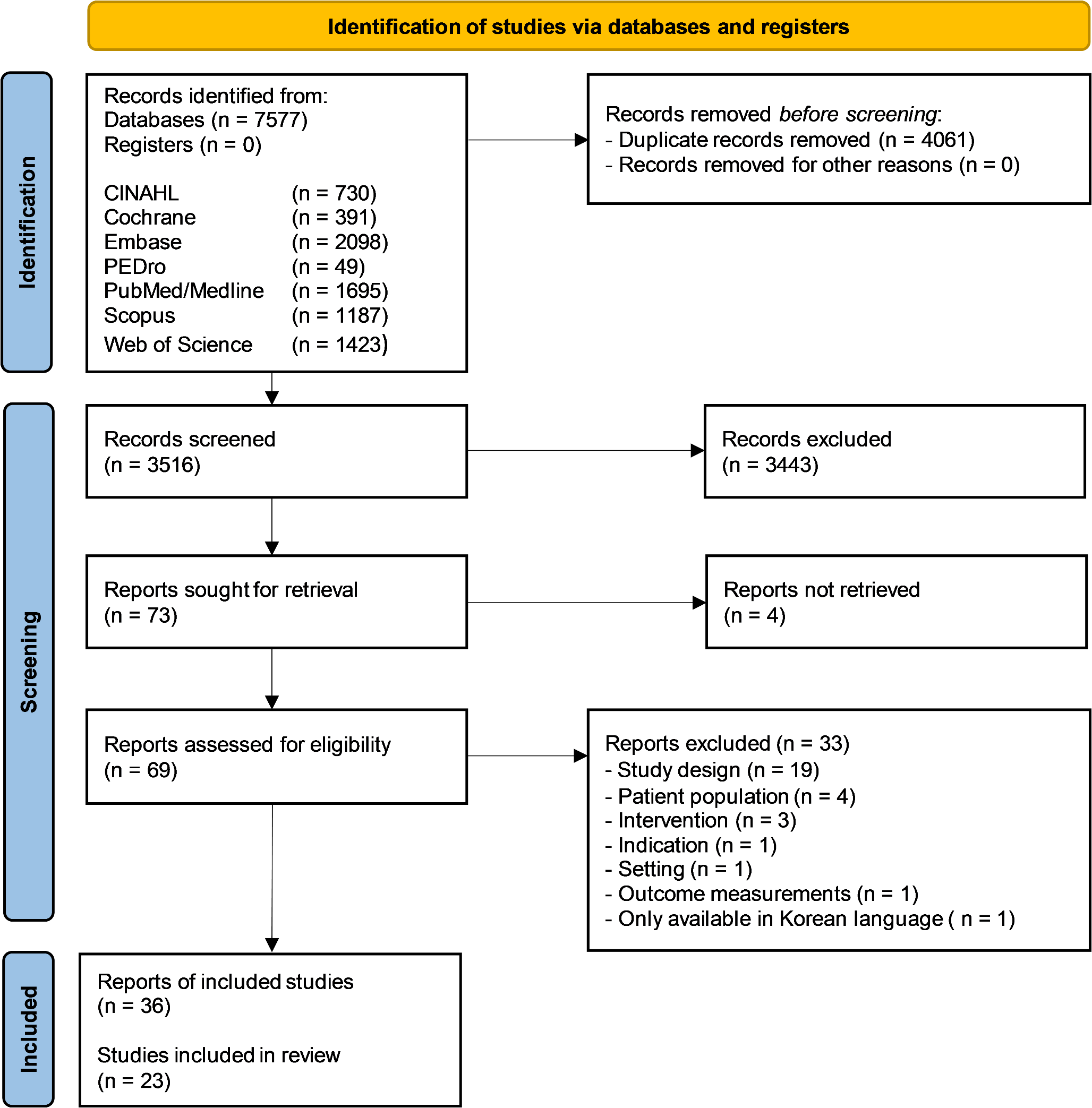 SpringerLink
SpringerLink
Supervised prehabilitation in patients scheduled for spinal surgery – a scoping review - European Spine Journal
Background context Prehabilitation before spinal surgery may enhance patients’ ability to withstand physical and mental stress during the perioperative period. It has the potential to reduce complications, accelerate recovery, and deliver sustainable, patient-relevant improvements. However, high-quality evidence remains limited, and it is unclear which prehabilitation concepts, training protocols, and outcomes are most effective for different patient groups. Purpose To evaluate the current state of research on preoperative interventions before spinal surgery, including the representation of subgroups, types of surgical procedures, and prehabilitation concepts. Additionally, it examines the outcomes analyzed and the methodologies employed in existing studies. Study design Scoping review based on a systematic literature search. Methods A comprehensive database search in MEDLINE/PubMed, EMBASE (Ovid), CINAHL (EBSCO), Cochrane Library, Physiotherapy Evidence Database, Web of Science and Scopus was conducted. Exercise- and/or education-based prehabilitation concepts were identified, and findings were clustered and summarized according to PRISMA reporting standards. Results Thirty-six reports from 23 studies (50% RCTs), evaluating prehabilitation programs in terms of feasibility, experiences, and effects on physical performance, self-reported function, pain, psychological outcomes and health-economic factors were included. These studies encompassed 2,964 participants scheduled for spinal surgery and reported a wide range of preoperative interventions, settings, and adherence rates. Prehabilitation focused primarily on education (87%) and exercise (35%), either independently or in combination. Most authors have concluded that preoperative interventions benefit patients awaiting spinal surgery, particularly by improving self-reported function, disability, and pain in both the short and long term. However, the findings also highlight the variability in outcomes, strengths, limitations, and recommendations across studies. Notably, 76% of the authors advocated for preoperative preparation, emphasizing the importance of structured, personalized programs and the need for further large-scale clinical trials. Conclusion Based on the current evidence, preparation for spinal surgery is recommended, provided that it is individualized, multimodal, and interdisciplinary, and addresses patients’ specific impairments, resources, and expectations. Future research should focus on identifying subgroups defined by biopsychosocial risk factors that may influence short- and long-term perioperative outcomes.





Please sign in or register for FREE
If you are a registered user on Research Communities by Springer Nature, please sign in